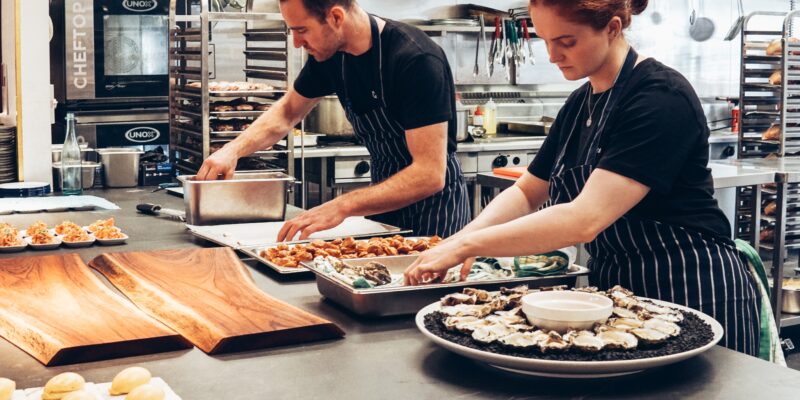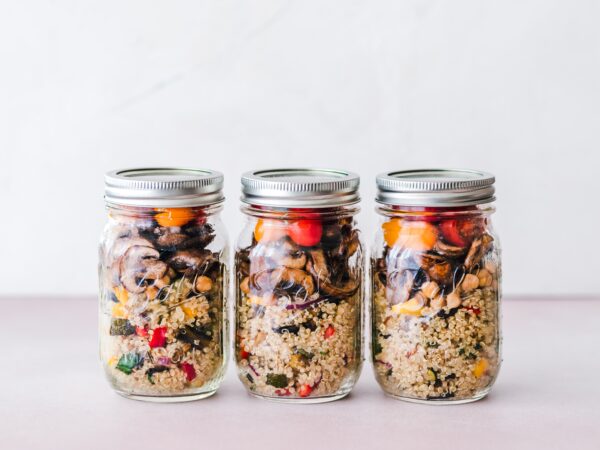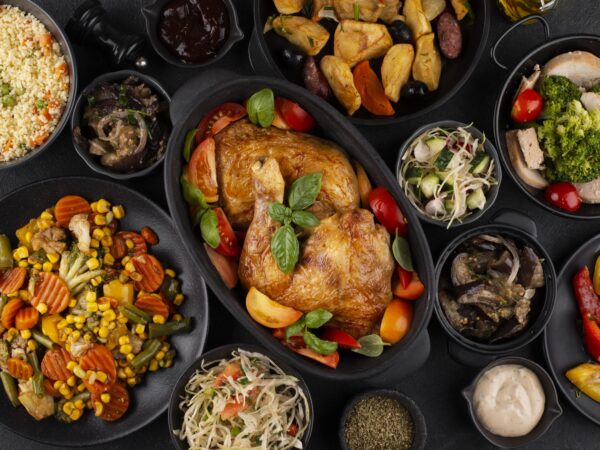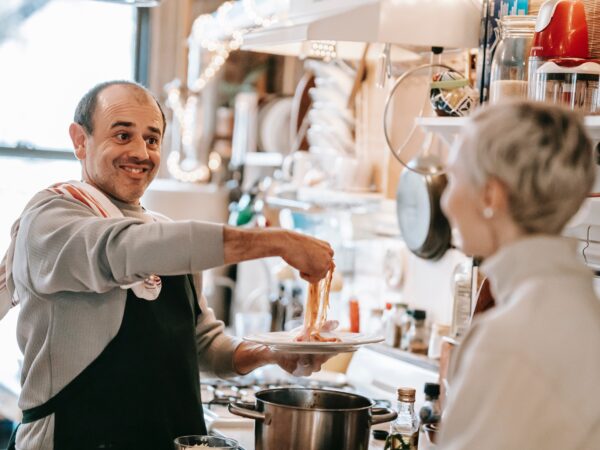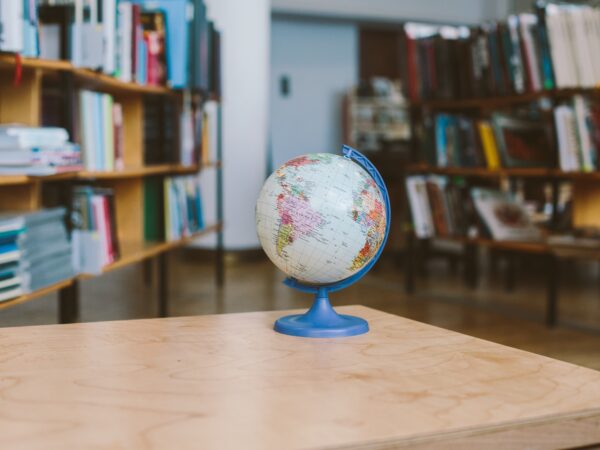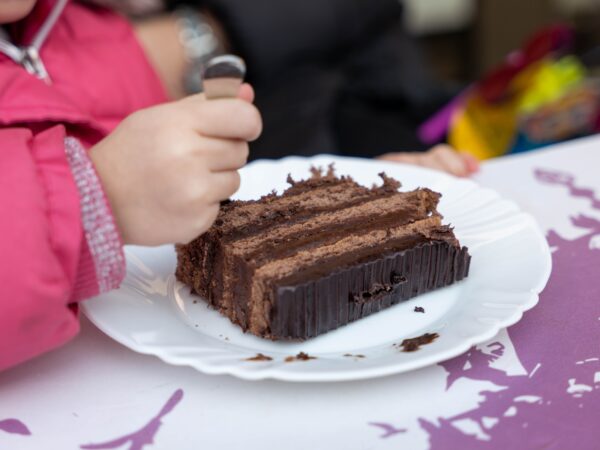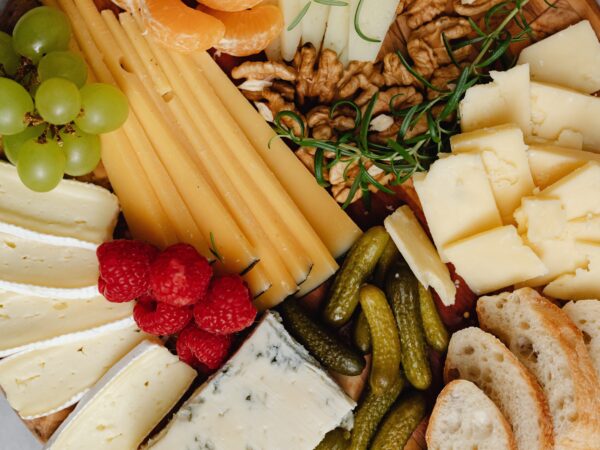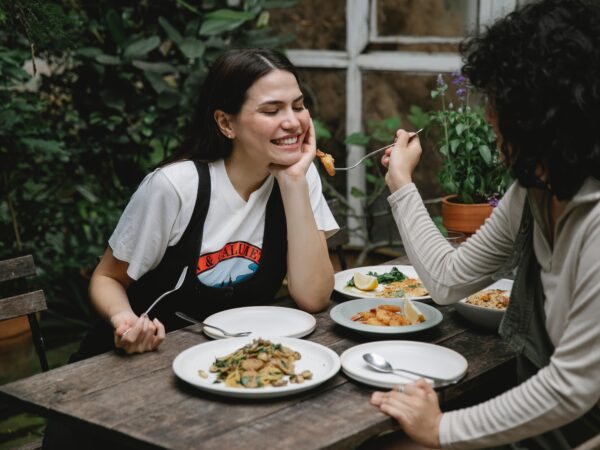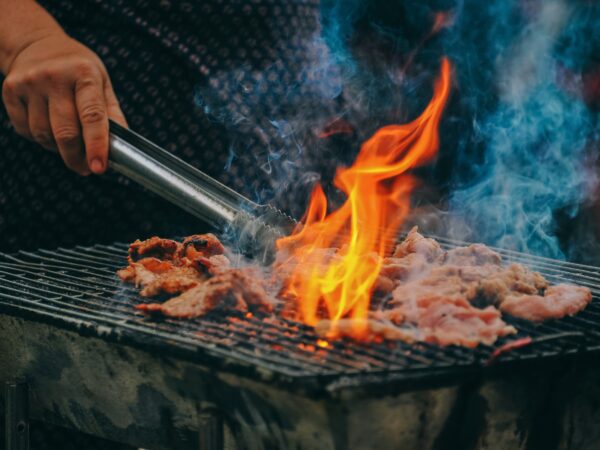The art of cooking is more than just following a recipe. It is about understanding the science behind the ingredients and techniques used to create a great dish. Mastering this science and technique is the key to producing amazing food.
In this article, we will explore the art of cooking, including the science behind cooking, essential cooking techniques, and how to perfect your skills in the kitchen.
The Science of Cooking
Understanding the science behind cooking is essential to creating delicious and consistent food. Every ingredient has its unique properties that affect the taste and texture of the dish. Knowing how these properties work will allow you to make more informed decisions when preparing food.
One of the most important factors in cooking is heat. Heat is responsible for cooking the food, and it affects the texture, flavor, and color of the ingredients.
To cook food correctly, you need to know how to control the heat to produce the desired result.
There are three types of heat: conduction, convection, and radiation. Conduction heat transfer occurs when heat flows through a material or surface from a hotter object to a colder one.
An example of this is when a frying pan is heated, and the heat is transferred to the food through the pan. Convection heat transfer occurs when heat is transferred through a fluid or gas. This method of heat transfer is used in ovens and boiling water.
Radiant heat transfer occurs when heat is transferred through radiation, such as when food is broiled or cooked on a barbecue.
Another critical science factor in cooking is chemical reactions. Chemical reactions occur when the ingredients of the dish interact with one another.
This interaction can produce a change in color, texture, or flavor. Understanding these reactions is critical to creating perfect dishes.
For example, when you fry food, the Maillard reaction occurs. This reaction is responsible for the browning and crispiness of the food.
The Maillard reaction occurs when amino acids and sugars are heated together. It creates new flavor compounds that give the food an intense flavor profile.
Essential Cooking Techniques
The art of cooking is about mastering essential cooking techniques. These techniques are the foundation of all great dishes. Here are some of the most fundamental cooking techniques every aspiring chef should know.
Sautéing
Sautéing is the process of cooking food quickly in a hot pan with fat. This technique is perfect for cooking vegetables, meat, and seafood. Sautéing involves heating oil or butter in a frying pan and then adding the ingredients. The high heat quickly cooks the food while creating a beautiful caramelization that adds flavor and texture.
Boiling
Boiling is a common technique used to cook vegetables, pasta, and grains. To boil food, you need to bring a pot of water to a boil and then add the ingredients. Boiling is a straightforward technique, but the timing is crucial. Overcooking or undercooking food can ruin a dish.
Grilling
Grilling is a beloved cooking technique across the world. It involves cooking food over an open flame or a hot grill. Grilling adds smoky flavor to food and creates a beautiful char on the outside. Grilling is perfect for cooking meat, seafood, and vegetables.
Baking
Baking is a cooking technique that involves cooking food in an oven. This technique is perfect for baked goods or dishes that require heat from all sides. Baking allows for slow and even cooking that produces a crispy exterior and moist interior.
Perfecting Your Skills in the Kitchen
Mastering the art of cooking takes time and practice. Here are some tips to help you perfect your skills in the kitchen.
1. Experiment with new Ingredients and Dishes
Trying new things will help you learn more about the properties of ingredients and the impact they have on the flavor of the dish.
2. Follow Recipes Closely
Recipes are a great way to learn how to cook Follow the directions closely, and then experiment with the recipe to make it your own.
3. Use Quality Ingredients
The quality of ingredients has a significant impact on the taste and texture of the dish.
4. Keep Your Kitchen Organized
An organized kitchen will help you work efficiently and effectively.
5. Practice, Practice, Practice.
The only way to become a great cook is to practice consistently. Set aside time to cook regularly and try new things to improve your skills.
Conclusion
The art of cooking is about mastering the science and technique behind great food. Understanding the properties of ingredients, cooking methods, and chemical reactions is essential to creating delicious food.
Whether you are a beginner or an experienced cook, practicing your skills regularly and experimenting with new dishes and ingredients will help you improve your skills and create amazing food.


